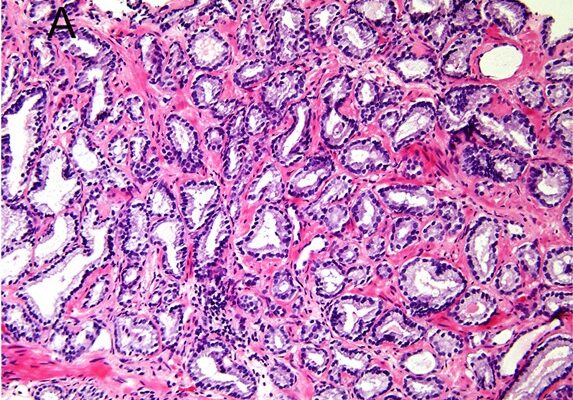New survey shows patients are divided on Gleason 6 issue
A new survey presented at a major cancer conference provides a patient perspective on a long-running debate: should low-risk prostate lesions, which look like cancer but do not behave like them, be re-named so that patients are not unnecessarily alarmed and over-treated?
Currently, such abnormalities are classified as “Gleason 6” in the scoring scale of prostate cancer grades. However, some urologists believe they shouldn’t be classified as a cancer at all because, though highly unlikely to kill, the label causes distress and influences patient decision making.
Now patients have had their say. A survey of 450 prostate cancer patients presented at the American Society of Clinical Oncology (ASCO) Gastrourinary Cancers Symposium has shown that patients are divided on the issue. It found that 35% support reclassifying Gleason 6 as a non-cancer and 35% oppose it, with 30% undecided.
However, the survey, conducted by AnCan, Active Surveillance Patients International and Prostate Cancer Support Canada, does provide some support for reclassification. Opponents of reclassification have said it would result in men dropping out of active surveillance (AS) programmes, but the survey found that 83% would still continue on AS if they were liberated from a cancer diagnosis.
The survey also found that more than 90% of respondents had not been screened for mental health issues, and that 16% of those with Gleason 6 “cancers” had encountered insurance rate hikes or been denied policy renewal as a result of their diagnosis.
Howard Wolinsky, a moderator of AnCan support groups and an AS patient since 2013, said: “I have seen and heard routinely the fear and mental distress in the eyes and voices of men who have difficulty accepting the idea that they can live with their ‘cancers’ and won’t die from them.”
